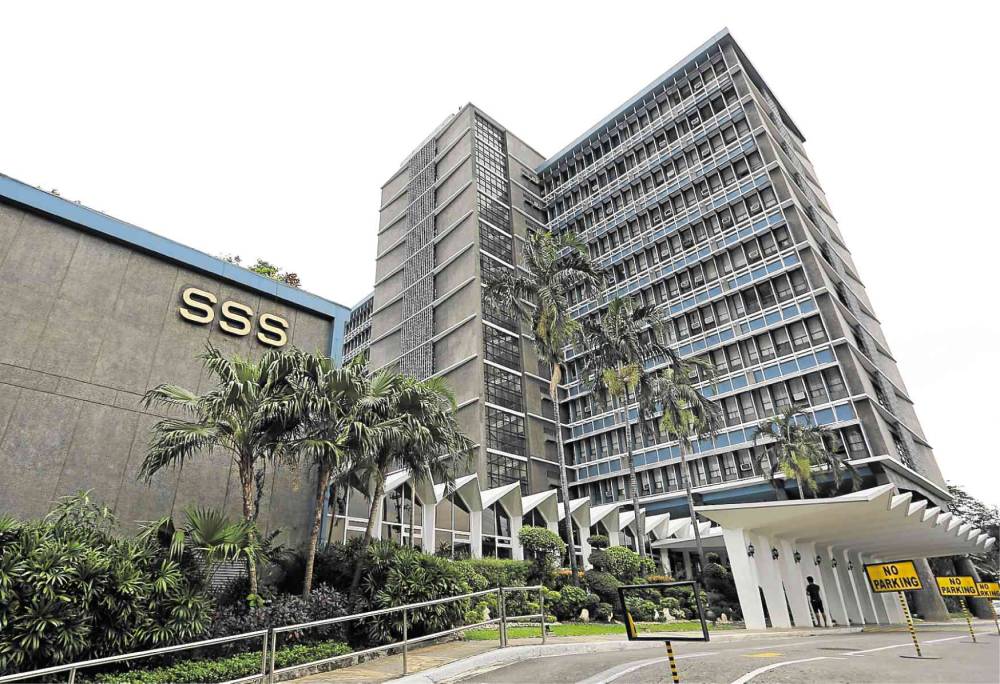SSS eyes interest rate cuts for salary, calamity loans

The Social Security System (SSS) is planning to cut within the year the interest rate on salary and calamity loans, according to SSS president and CEO Robert Joseph De Claro.
In a statement on Saturday, the state-run pension fund for private sector workers said the rate cut was one of the three major plans that it would implement in 2025 to improve services.
SSS did not disclose the amount of the reduction, but the fund currently charges an interest rate of 10 percent per annum for its salary and calamity loans.
De Claro said the lower borrowing costs would translate to bigger loan proceeds and the fund has enough fiscal space to cut its lending rate amid robust income from its investments.
“Given the consistent, solid performance of SSS’ investment portfolio, it is now timely to revisit the interest rate of our salary and calamity loan programs,” De Claro said.
Under Republic Act No. 11199, or the Social Security Act of 2018, the SSS can invest up to 15 percent of its investment reserve fund in asset classes like bonds and stocks.
Good ROI
SSS said its annualized return on investment (ROI) from 2021 to 2024 ranged between 5.8 to 6.6 percent, performing well even through the COVID-19 pandemic.
It is also expecting additional collections from the 1-percent contribution rate hike this year, as well as from the increases in the minimum and maximum monthly salary credit.
The pension fund earlier said that these adjustments would result in additional collection of about P51.5 billion in 2025, which can help support its lending programs for members.
Figures showed the SSS released P9.7 billion in calamity loans to more than 500,000 disaster-stricken members in 2024. The pension fund has yet to report the amount of salary loans it disbursed last year.
Other plans
Apart from the rate cut, De Claro said SSS is also reviewing its guidelines on the Annual Confirmation of Pensioners (ACOP) program, which requires certain pensioners to report to the SSS every year to ensure the continuous payment of their monthly benefits.
The SSS chief said the pension fund is studying all possible ways to make compliance with ACOP more convenient, including home visit by designated SSS branch or office personnel.
Lastly, De Claro said the SSS would also pursue “better collection compliance” from other groups of workers, particularly self-employed professionals like accountants, doctors and engineers.

















